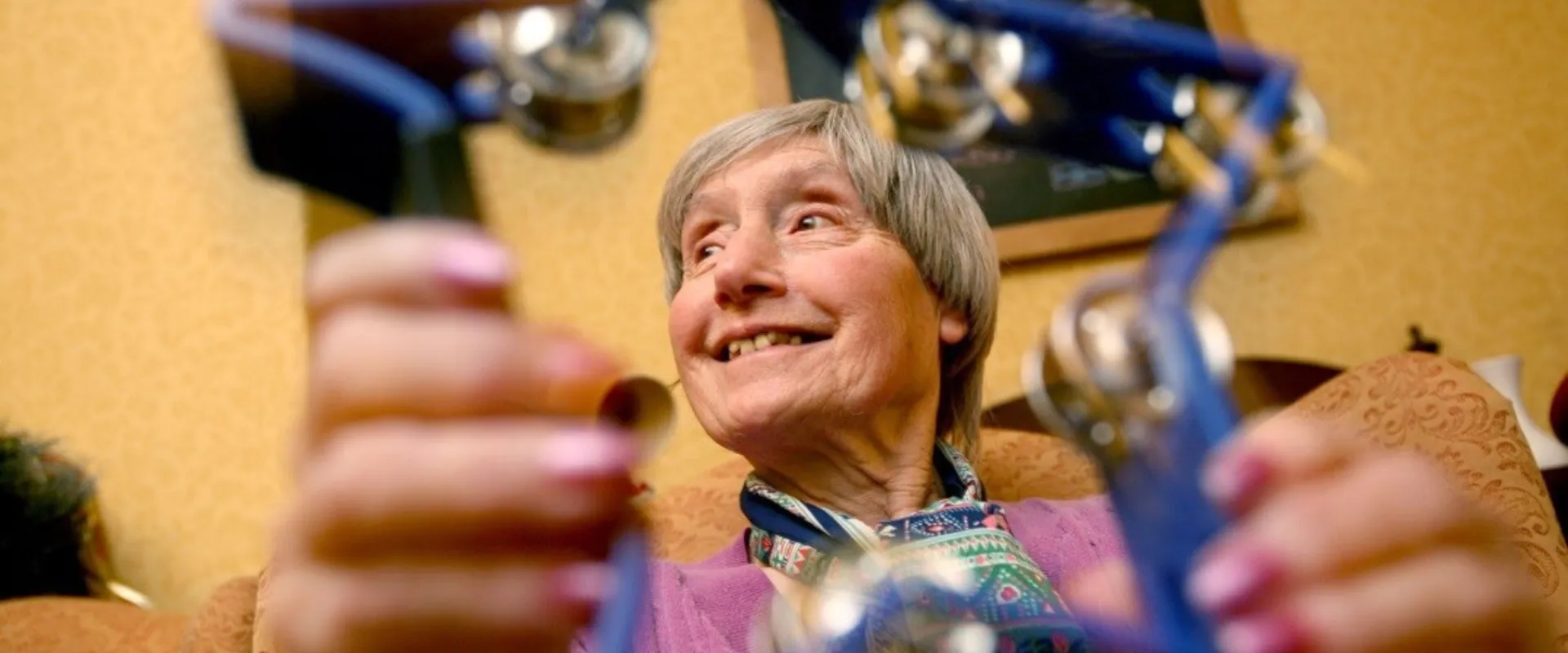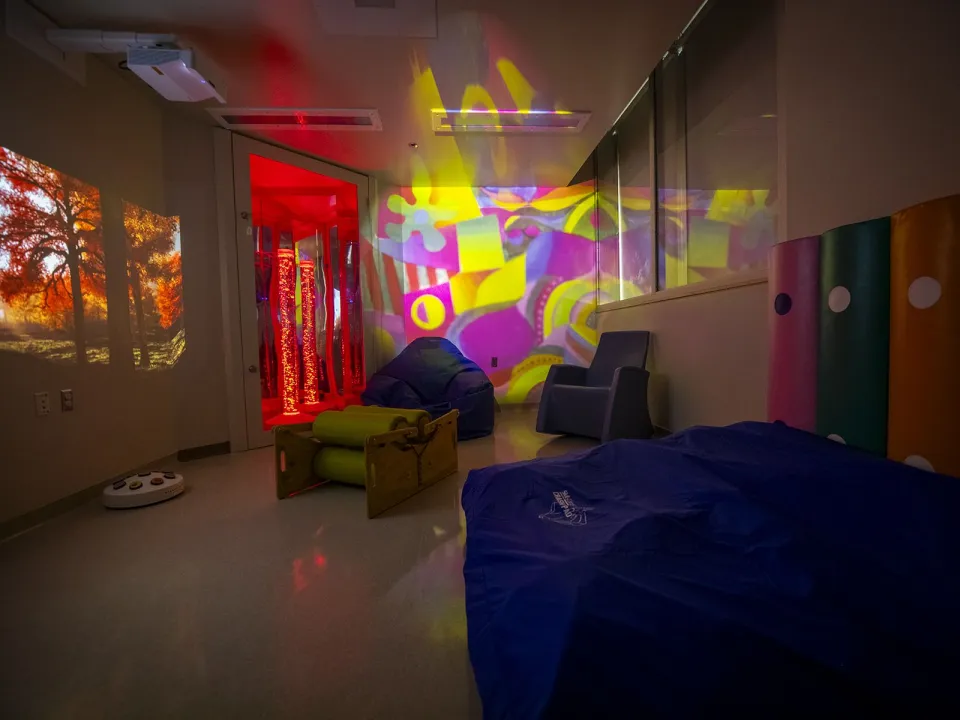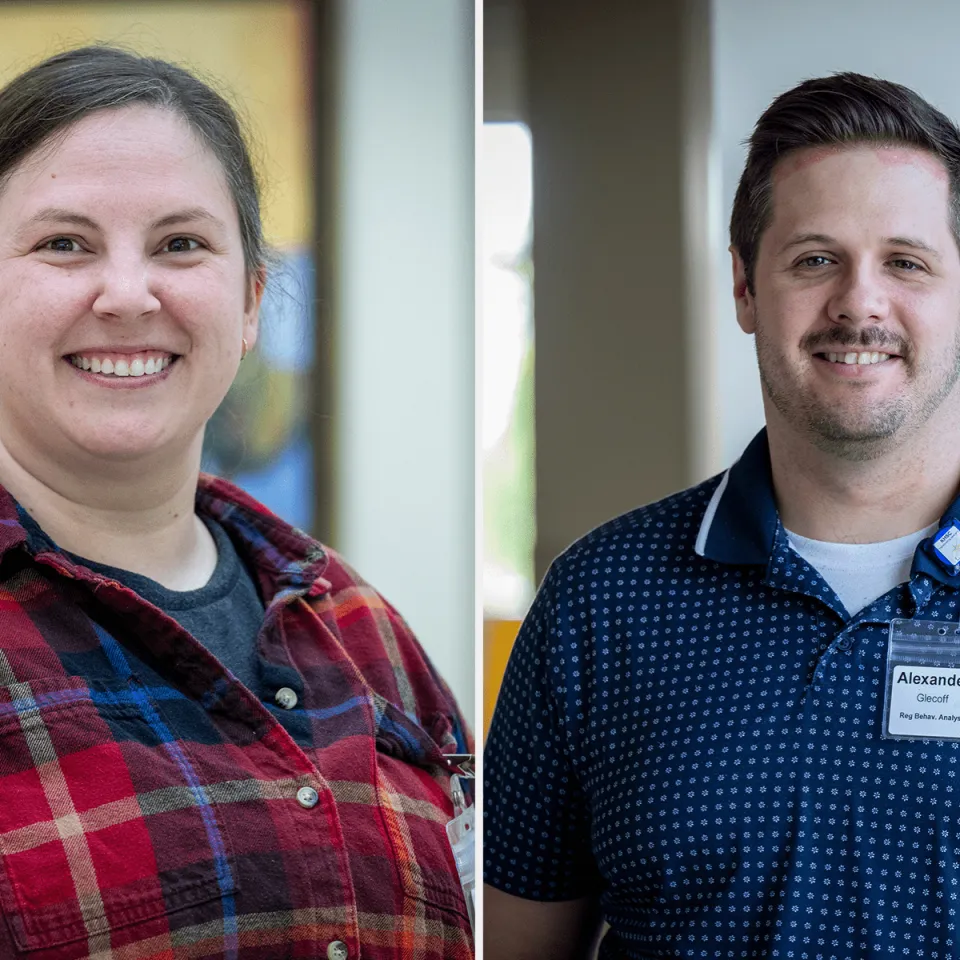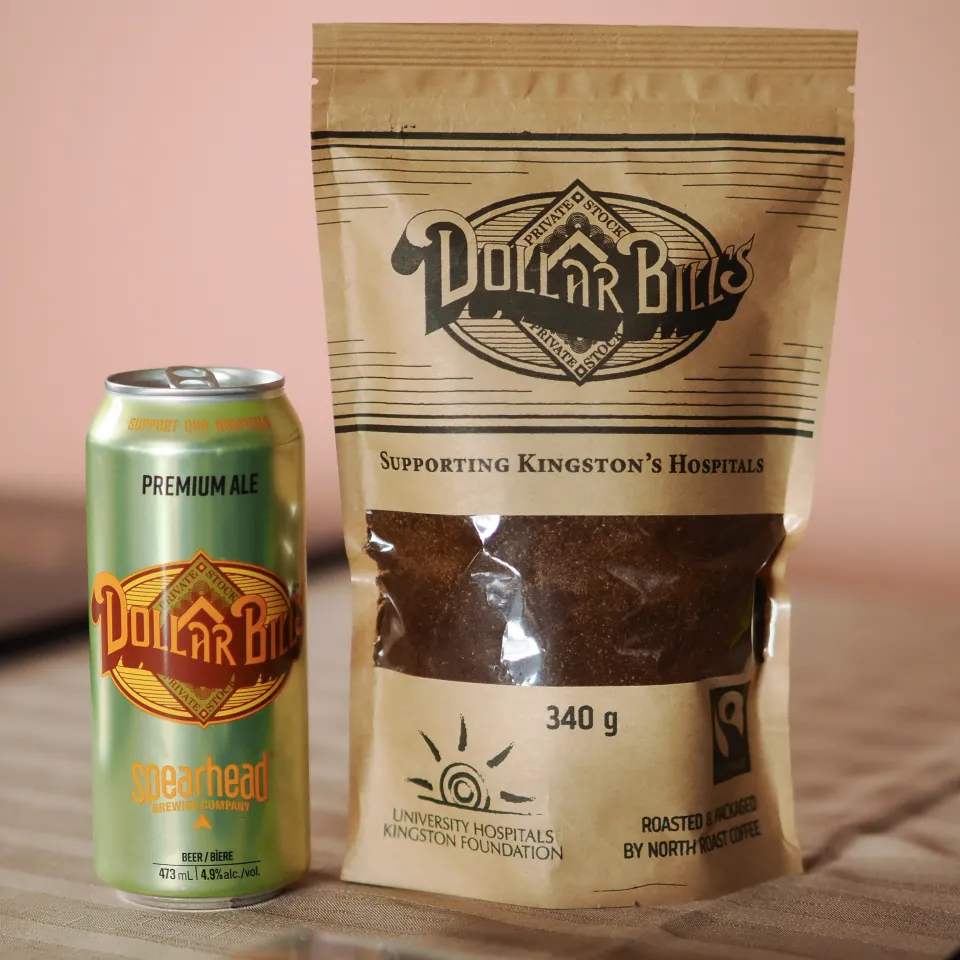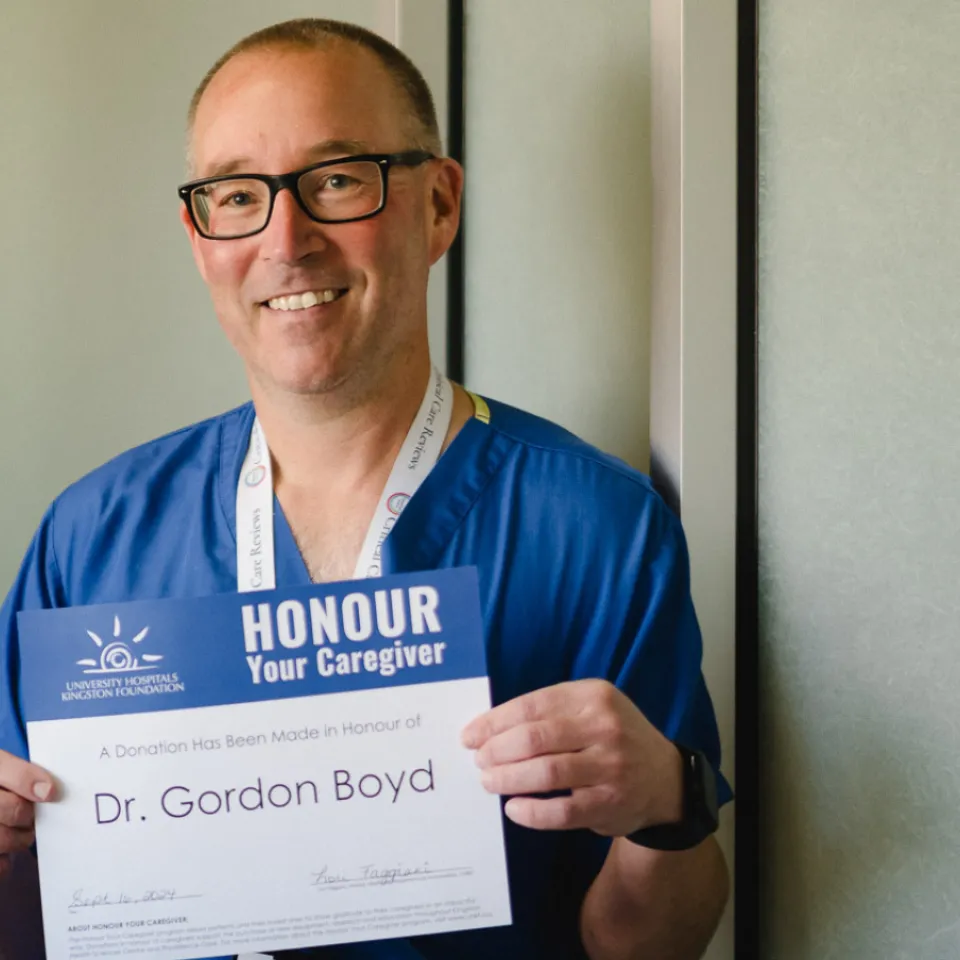We are inspired by the many stories of hope from patients, families, staff and volunteers who are cared for by the extraordinary care teams at Kingston Health Sciences Centre and Providence Care, and the compassionate philanthropists who help make this care possible.
Stories of Hope
New Multi-Sensory Room Brings Calm and Comfort to Children and Youth at KHSC
Photo Credit: Matthew Manor
The moment a child steps inside the room, soft lights twinkle across the walls, bubbles rise in a gentle rhythm, and colors swirl like something out of a storybook.
This is the new Snoezelen® multi-sensory room at Kingston Health Sciences Centre (KHSC), a calming escape designed for children and youth receiving care on the mental health unit who may be feeling anxious, overwhelmed, or simply in need of a place to unwind.
Read MoreShare Your Story
If you have a story about extraordinary people or innovative health care that you wish to share and help inspire our donor community, we would love to hear from you.
